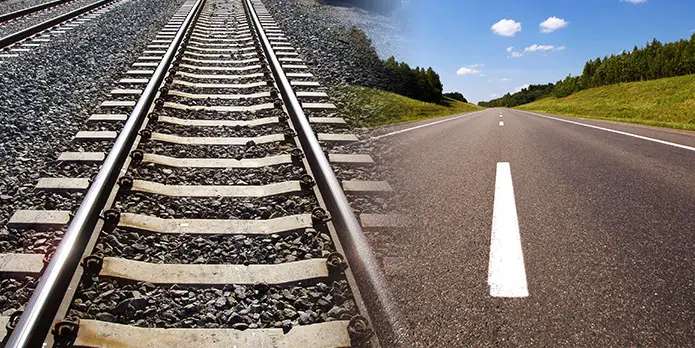On a recent state visit to Tanzania, Evariste Ndayishimiye, the President of Burundi and his Tanzanian counterpart Samia Suluhu Hassan inked new agreements to build common road and rail networks in Tanzania and Burundi.
These agreements come following discussions about, among other things, mechanisms to increase trade flows between the two East African countries. The discussion was carried out last July by the two presidents in Burundi.
Scope of the agreements for the construction of common road and rail networks in Tanzania and Burundi
Also Read: Rehabilitation of Nzasa-Kilungule- Buza road in Tanzania nears completion
The scope of the agreements for the construction of common road and rail networks in Tanzania and Burundi, the rail transport component of which has already been revealed, concern, in particular, the construction of a 240-kilometer Standard Gauge Railway (SGR) line between the two countries.
The rail system shall connect the town of Uvinza that is located in the western region of Tanzania to that of Gitega in the central region of Burundi through Musongati, a town in the south-eastern region of Burundi on the border with Tanzania.
At least 160 kilometers of the entire rail system will be situated on the Tanzanian side.
These conventions also provide for the integration of the Democratic Republic of Congo (DRC) into the restricted bloc formed by Tanzania and Burundi. Reportedly, the above-mentioned SGR line network extensions are planned to connect the town of Kindu in the DRC, as part of a memorandum of understanding signed last January between the three states.
The expectation for the SGR line project
According to President Samia Suluhu, the development of this rail infrastructure should make it possible “to transport goods, in particular, minerals including nickel from the famous Musongati in Burundi to the port of Dar es Salaam so that it can be shipped on the International market “.
